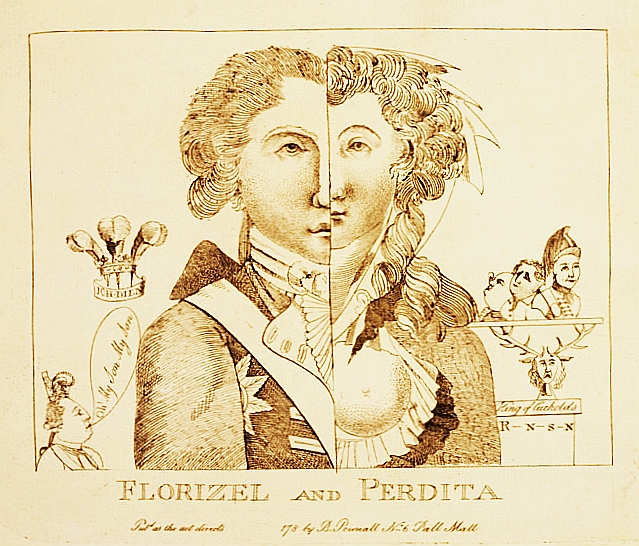So much of the modern world behaves as if “everything is politics.” And if politics is the art to the possible, it follows that just about anything goes. Why? Because human beings have an almost infinite capacity for thinking up good reasons to do bad things. If we don’t start out with the acknowledgement of some moral absolutes, i.e. boundaries beyond which we must never go, we will always be able and often inclined to come up with reasons to legitimize doing terrible things in order to produce possible – and what are deemed good – results.
In truth, politics is one small, albeit important, slice of human interaction. It is morality that comes closer to being everything, morality bounded by absolute prohibitions, within which there is wide latitude for disagreements in the arena of prudential judgements, involving all manner of trade-offs. Within this arena, pragmatism rules; consequentialism holds sway, but is limited by things we must never do, or at least never directly intend.
Deny this, eliminate those absolutes, and there is no limit to the evil ordinary human beings can talk themselves into doing with perfectly clear consciences. But all of this raises the question: How are we to arrive at the knowledge of the moral absolutes that will guide our way and spare us the ignominy of slipping into moral error, even to the point of atrocity?
Some, like myself, will appeal to the Natural Law, built into our human nature and discernible by right reason. The problem is that the texts outlining the use of right reason in such discernment are often long and difficult.
They remind me of St. Ignatius of Loyola’s rules for discernment of spirits, fairly brief and clear as presented in his Spiritual Exercises, but not so easy to apply in concrete circumstances. And when explicated by Ignatius’s Jesuit descendants and others, they’re so wearingly complex that one despairs of having the time or energy to make a decision as to what God wants of one: leaving me to conclude that in order to discern the Spirit’s will for me, I should pray, think things through, seek the guidance of trusted counsellors, then make my best guess and entrust the matter to God.
It may not be the deepest interpretation of Ignatius, but it has the merit of being doable and not prone to leading one into the whirlpool of overthinking, scrupulosity, or the presumption that one can be assured that what one does is God’s will.

But back to the Natural Law and the need for a set of moral standards, especially boundaries, to guide us on our way. Again, how are we to discern them? Is there any hope that we will ever all agree as to what they are?
In Andrew Klavan’s riveting mystery, A Woman Under Ground, his protagonist, Cameron Winter, formerly an operative in a top-secret government agency and a self-described agnostic, finds himself confronted by a friend, who confesses to an affair with a young coed less than half his age.
Roger, the friend in question, a married man, a family man, goes through a litany of excuses for his infidelity and for why he must abandon his wife and son so as to be truly alive. Finally, Winter can endure it no longer. He tells Roger that what he has done is wrong. Then asked, “What’s that supposed to mean?”, he answers:
It means wrong. Immoral. Against the laws of God and man. . . .You cheated on your wife, Roger. That’s immoral. That’s what wife means. Someone it’s immoral to cheat on. Because you promised you wouldn’t. That’s what the word promise means, something that’s immoral to break. If we’re going to change the meaning of every word that doesn’t suit us, we might as well just grunt at each other and act like demons.
But he goes on:
And the worst, the most immoral thing you’re doing? Is breaking up the marriage of your son’s parents. That’s a disaster for him. Your marriage is the planet he lives on, and you’re going to blow that planet up. . . .Stop lying to yourself. . . .That’s no way to live, if you’re a man. There’s another word for you. The word man has a meaning too, Roger. So knock the garbage off and try to act like one.
All of this, mind you, from a man who is at best an agnostic and who has done some terrible things in his life. And yet somehow, because his eyes and mind and heart have been open to reality, he has come to see that words have meaning, pointing to reality, which in turn speaks of absolute good and evil. He’s assured of this above all, perhaps, because he grasps that the alternative is to “grunt at each other and act like demons.”
The people of the world, even of our nation, seem unlikely in the foreseeable future to share a common faith. And reason, given our fallen, incorrigibly ego-centric human nature, is endlessly creative in its ability to rationalize. Perhaps, though, the very evils and insanity of so much in the modern world will force upon increasing numbers the recognition not only of the need for moral absolutes but of their rootedness in creation and ultimately the Creator, the source of all meaning and morality.
Unless I’ve misunderstood him, something like that seems to have led Andrew Klavan himself from secular, and in his case agnostic, Judaism to a robust and provocative Christian faith. I could wish that he were Catholic, but truth to tell, he’s more Catholic than many Catholics I know. May many more follow the path he’s taken.


![Trump Reacts to Horrific Footage of Murdered Ukrainian Refugee Iryna Zarutska [WATCH]](https://teamredvictory.com/wp-content/uploads/2025/09/Trump-Reacts-to-Horrific-Footage-of-Murdered-Ukrainian-Refugee-Iryna-350x250.png)







